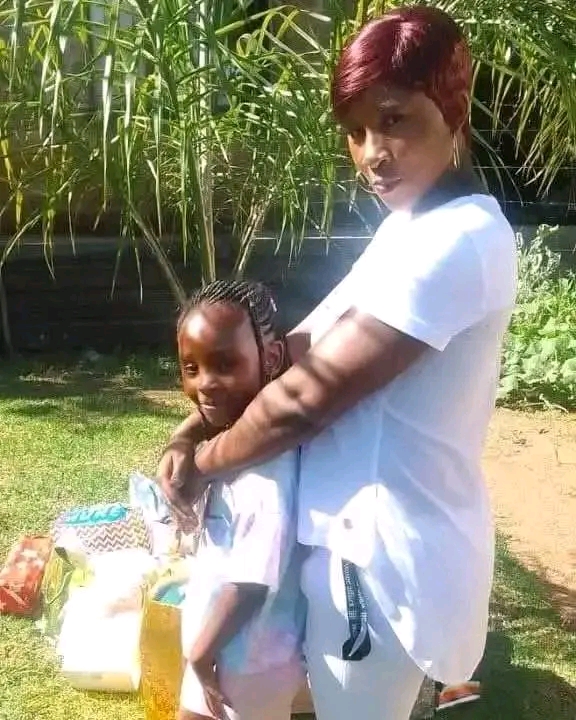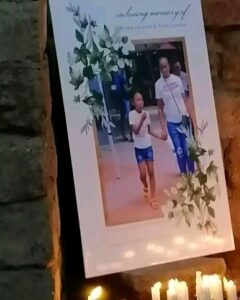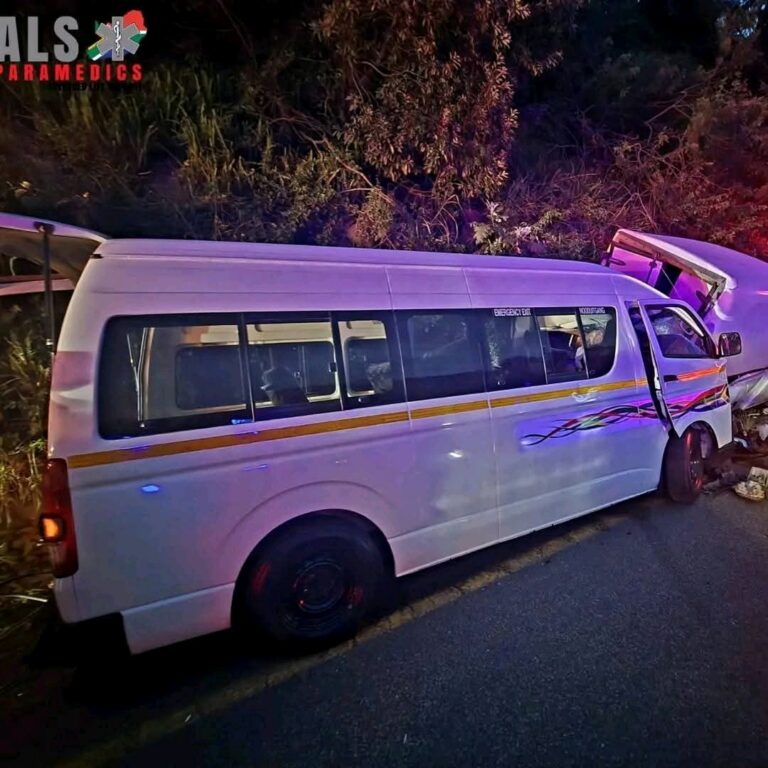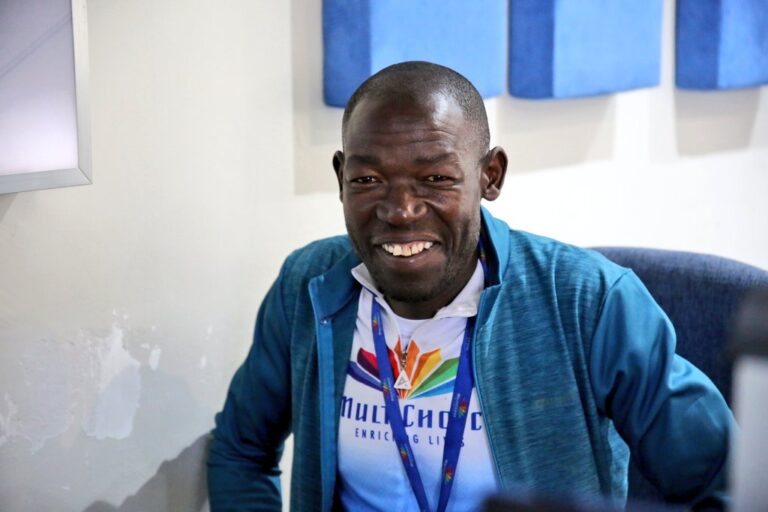
The quiet community of Winterveldt has been left shaken and heartbroken following the horrific deaths of Nompumelelo Masilela and her 8-year-old daughter. The mother and child were laid to rest recently, bringing a somber close to a tragic chapter that has left residents outraged and demanding justice.
Nompumelelo and her daughter fell victim to a brutal and senseless act of violence. According to reports, the two were burned alive—allegedly by someone known to them. The sheer cruelty of the crime has sent shockwaves throughout the community and beyond, raising questions about the growing number of gender-based and domestic violence cases in South Africa.
During the joint funeral service, mourners gathered in large numbers to pay their final respects. The atmosphere was filled with sorrow, anger, and a deep sense of injustice. Family members, friends, and neighbors remembered Nompumelelo as a kind and loving woman who cared deeply for her daughter. The young girl, described as joyful and full of potential, had her life cut tragically short.

Local community leaders and activists were also present at the funeral, using the moment to call for urgent action and accountability. Many expressed frustration at what they perceive as a slow or inadequate response from authorities when it comes to protecting women and children from violence. They emphasized that justice must be served—not just for Nompumelelo and her daughter, but for all victims of domestic violence in the country.
“We are tired of burying our sisters and children,” said one local resident during the service. “We cannot allow this to be just another case swept under the rug. We demand answers and we demand justice.”
The Winterveldt community has since come together in solidarity, organizing marches and awareness campaigns in the names of the victims. Their message is clear: no one should have to live in fear, especially not in their own home or at the hands of someone they trust.
Authorities have confirmed that an investigation is underway, and a suspect—believed to have had a personal connection with the victims—is being questioned. However, residents remain skeptical, fearing that justice may be delayed or denied, as has happened in too many similar cases.
South Africa continues to grapple with alarmingly high rates of gender-based violence, and the deaths of Nompumelelo Masilela and her daughter have once again underscored the urgent need for systemic change. Many believe it is time for tougher laws, better enforcement, and a more compassionate approach to supporting victims and survivors.
As the community mourns, one thing is clear: the memory of Nompumelelo and her daughter will not fade. Their tragic story has sparked a renewed call for justice and protection, a cry that echoes far beyond Winterveldt. Their names now join a growing list of victims whose lives demand more than just remembrance—they demand action.




